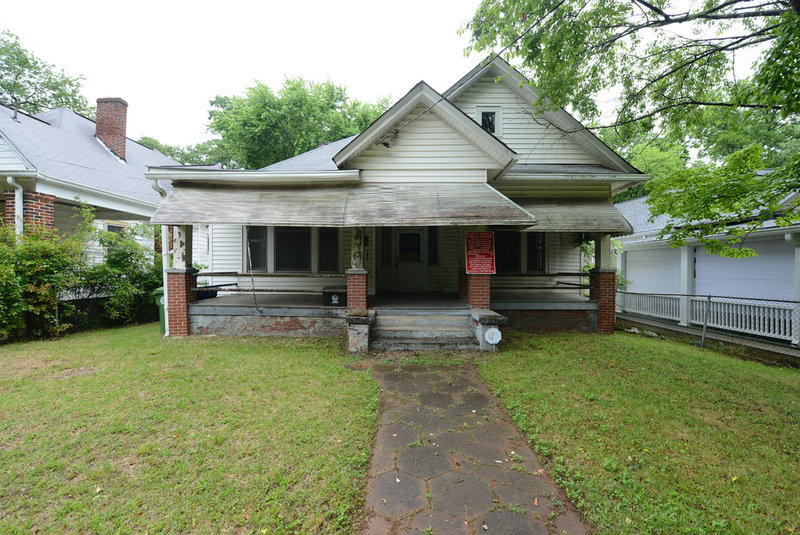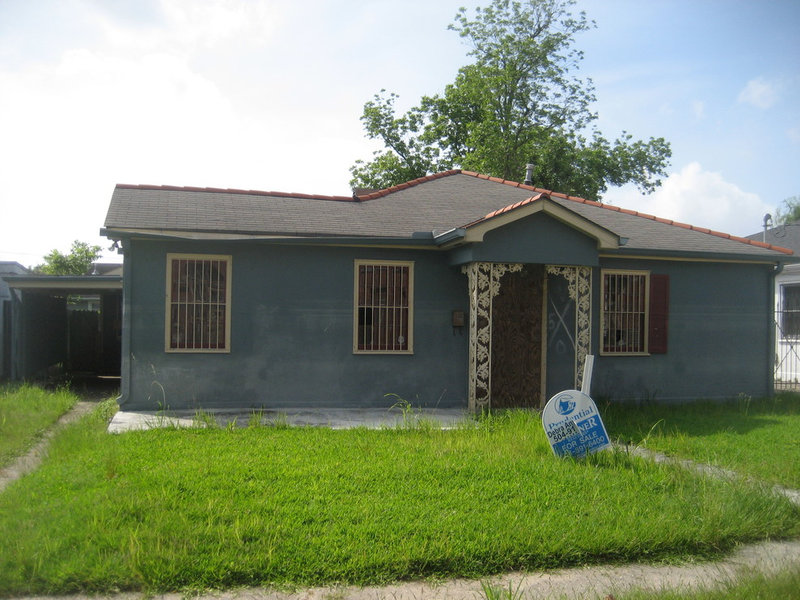5 Risks in Buying a Short-Sale Home — and How to Handle Them
A short sale occurs when a homeowner has fallen so far behind on payments that there are liens on the property — most commonly from lenders or tax agencies. The homeowner can’t afford to pay those liens in full, and works out a deal with the lien holders that allows for the sale of the home, with the proceeds settling all the debts.
The result: The debtor can walk away without a credit-killing foreclosure, the creditors get paid, and the buyer gets a sweet deal. Unfortunately, the original homeowner often has been struggling so long that the buyer is saddled with unforeseen maintenance, financial and legal problems.
That’s not to say that there aren’t some great deals to be had — especially for a first-time buyer who may be looking for a chance to get into a starter home at below-market costs — but it’s crucial for buyers to go in with their eyes wide open.
Here’s how to handle five common risks when you’re buying a short-sale property.
The solution: Do a preliminary title search on the home to determine the extent of any unpaid liens. Your real estate agent likely knows a title company that will do this for free.
If you do decide to move forward with your purchase, buy an owner’s title insurance policy instead of a lender’s title insurance policy. The owner’s version will protect you against any undisclosed title defects, while the lender’s version protects only the bank.
2. The deal goes sour. In some cases the sellers are so far behind on their payments that lenders have to approve the sale even after the seller has accepted a buyer’s offer. If the accepted offer is below what the lender requires to release the lien, the lender will ask the buyer to make up the difference at closing.
The solution: Make sure your real estate agent has done due diligence in finding out the full extent of the seller’s financial troubles. Specifically, you want to know whether this deal requires lender approval. If it does, understand that you’ll run the risk of having to put down more cash to get the keys.
The solution: Tag along on the home inspection. Come armed with a list of questions for the inspector about anything you’ve already noticed and speak up about anything that worries you.
When the inspector notes a problem, ask how much he or she thinks it will cost to fix it, and double check that estimate when you get home. If the initial inspection discloses damage from termites or mold, it may also be a good idea to call in a specialized inspector to determine the full extent of the damage and what it will cost to repair it.
4. Incomplete information about the property. Because disclosures on bank-owned properties are different, some buyers purchase a short-sale home only to find out later that it is on a flood plain or that the empty lot next door is about to become a minimall.
The solution: Do your due diligence. Check FloodSmart.gov to make sure the home isn’t on a flood plain, and consult the local planning department to make sure the area isn’t zoned for development and that neighbors aren’t permitted to build right up to your property line.
The solution: Plan ahead. Understand that it may take six months or more to close. Have a backup plan in place so you have an affordable place where you can stay in case you need to move out of your previous residence before the new home is ready.


